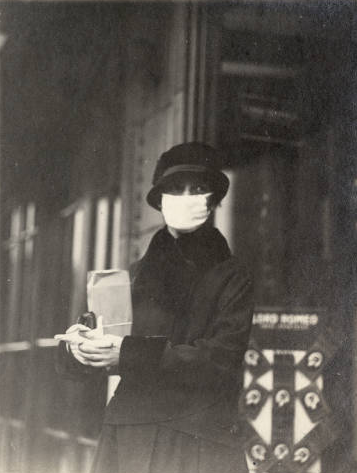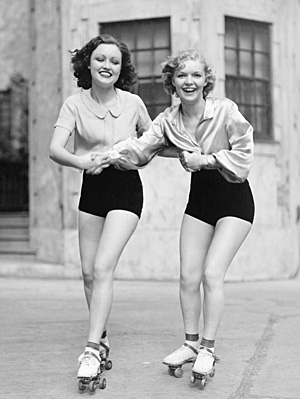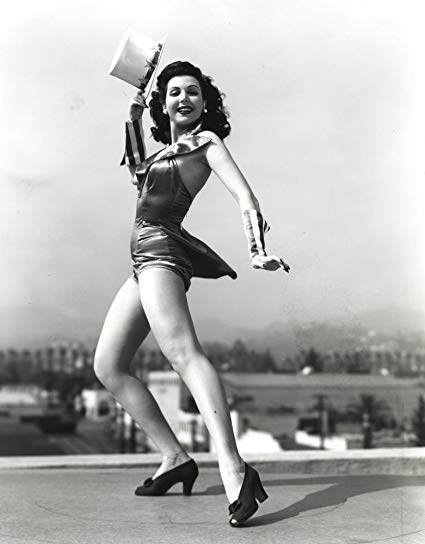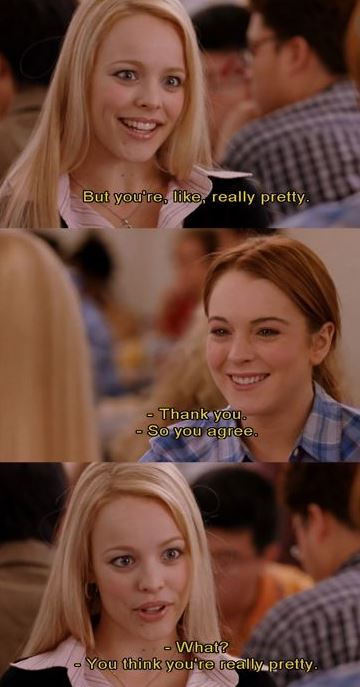Now let me be totally honest and admit that I’ve never been awesome at friendship. I think there’s some understandable reasons for that, but some bad reasons too for which I’m admittedly culpable and through which I’m working. That having been said, even I know that the new social rules and habits that quickly normalized with the coronavirus pandemic suck. They suck real bad.

I live in Oregon, one of the few states that is still mandating mask-wearing. I’m not interested in starting a mask-wearing debate, whatever-I’m-over-it, and it’s common sense that if I sneeze into my mask instead of your face, there is less of a chance I’ll share my germs. Social distancing is also sensible for limiting germ-sharing. I don’t really think these habits are debatable on the grounds of effectiveness. However, are they worth the mental and emotional costs from which our society is clearly suffering? To that, I would have to say no.
I try not to watch the news—I more often listen. But from what I have heard, there’s been much less said about the increase in signs of mental illness in our general population, most disturbingly among teens, than the hospitalized and death count. I’m not a nay-sayer; I know Covid is killing people, and it’s tragic. But I think down the line we’ll suffer further consequences of the social cinching we’ve been pulling through society. I see the effects of it now, the way people are scared to interact: I’ve seen social interactions begin with suspicion and end in aggression; I’ve witnessed social interactions begin shyly, with an awkward thrust of a hand in an offered handshake or halted hug, then end with joyful relief as a real conversation ensues. When I was in labor, when a new nurse entered the room, I would slip my mask on quickly and wait to see how they felt about the mask mandate—either they would smile and encourage me to remove it if I wished, or they would enforce the rule, even correct me in the proper way of wearing it. It made for an added social awkwardness in an already stressful encounter.
And there’s the vomitous mess of social media. It just hits allllll my insecurities. I quit Pinterest after one night when I lost track of the time and realized I had grown more and more dissatisfied with my life seeing all the things I didn’t have and wanted, the beautiful hair and face I wanted but didn’t have, the clean showroom house, etc. I nearly sprang back from the screen in self-disgust, and vowed to leave Pinterest forever. I recently quit Facebook (for a lot of reasons), but I would let it either ruin or make my day, depending on the number of social interactions I’d been granted through their algorithm. If one of my posts was ignored, I felt totally alone in the world. Yuck.
In a neighboring town, there are signs littering yards with encouraging messages like “Don’t Ever Give Up” and “You’re Not Alone”. I hope they’re effective. But these signs with feel-good tropes are like manifested text messages or tweets, leaving their virtual world and joining the real world on real paper in a real yard. The one that always catches my attention is “You Matter”. Do I? Do I matter to you? If I knocked on your door truly in need, would I matter enough for a moment of your time, face-to-face? Or would you, out of fear and suspicion, turn me away? Would you, after you heard my political and religious beliefs, cry ‘hater’ and slam the door in my face? That’s what would happen virtually, and I’m not sure we know how to respond any other way right now. We’ve forgotten what authentic human interaction looks like.

During the Covid lockdown, one of my more social-media-savvy lady-friends from church started a messaging chat-group and a video-chat. It was a blessing in so many ways. We chatted and prayed through a friend’s delivery of her baby, shared recipes, laughs, and hardship. It was a way to “visit” each other when we couldn’t really visit each other. We’ve continued it even though we are certainly able to see each other face-to-face now. Out of the busy-ness of family life, it’s been an easy excuse to keep it up. Yet I find the same insecurities I experienced via Pinterest and Facebook creeping up even through these seemingly healthy mediums. The big answer is that, yes, I have some friend-wounds to work through. But also, it’s a relief to know I’m human: I find myself craving face-fo-face encounters.
The other day, as I was driving to a friend’s house—to actually sit in her kitchen, have coffee, let our noisy kids play together— I thought of the Visitation. Mary went in haste to see her cousin. She didn’t think twice about it; it was an immediate response to the news that her cousin was in need and vulnerable. This act of service was an outpouring of love and the Holy Spirit’s presence within Mary. And I began to wonder whether I have been listening closely enough to that still, small voice; am I attentive to my brothers and sisters in need of friendship, especially now in this age of isolation?
If I—I, admittedly terrible at friendship, quick to cut my losses and run instead of engaging—find myself craving authentic face-to-face encounters, then how many people out there are starving for friendship? Real friendship. Not the half-engaged, distracted comment-bomb-dropping of social media, or the awkward nods in the grocery store of people peering out from behind their masks, but real friendship that seeks to truly know, understand, and love each other. And with all things like this, I can’t just let this be a thought or idea- like a nice trope floating in cyberspace that people can thumbs-up or ‘heart’ (or poo)- I need to act, in haste.



